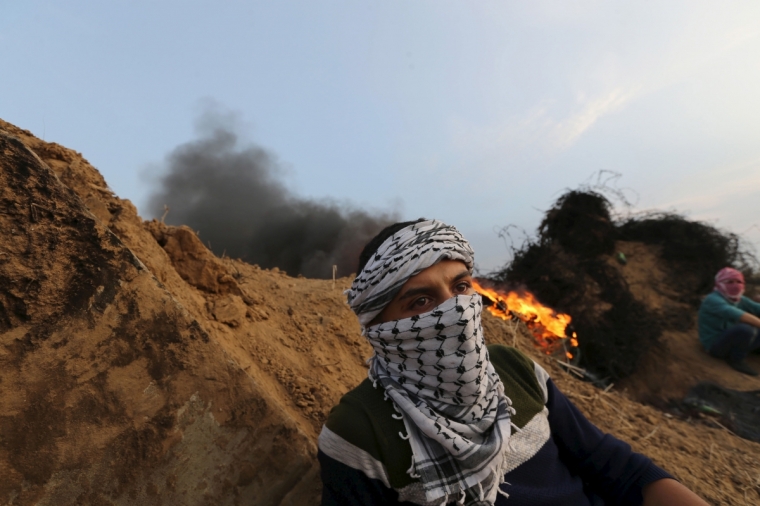PEW: Christians, Jews most oppressed by elected officials and police worldwide

PRINCETON, N.J. (Christian Examiner) – Governments the world over don't like religion very much it seems, and Christians rank highest among the groups that are most often oppressed by elected officials and police, a new study from the Pew Research Center claims.
Although the level of religious hostility on the part of governments declined slightly in 2014 (the last full year for which data was available), Christians have seen marginalization and outright persecution in 108 of the world's 198 countries, the report said.
They are not, however, alone. The report also claims that Muslims suffer harassment in at least 100 countries.
While levels of harassment for Christians and Muslims have fluctuated up and down since the survey data was first reported in 2007, the number of countries where Jews suffer persecution has steadily increased since – by 63 percent.
In 2007, Pew logged cases of harassment against Jews in 51 countries. That number rose to 81 in 2014, indicating a rising tide of anti-Semitism the world over.
All three of the major monotheistic faiths saw losses in good will at an increasing rate as "social harassment" increased for all three. The survey defined social harassment as conflict brought about by sectarian differences in which people of faith were assault or displaced from their homes "in retailiation for religious activities considered offensive or threatening to the majority faith in their country, state or province."
Government restrictions on religion were defined as the prohibition of religious practice, as well the killing, physical abuse, imprisonment of displacement of adherents to a particular religion.
Not surprisingly, North Africa and the Middle East had the highest levels of both government restriction on religion and social harassment of the regions named in the report. It documents incidences of violence there, such as the brutal beating and murder of a woman in Egypt who was pulled from her car because Muslims saw a crucifix hanging in it.
China ranked highest among individual countries in government restrictions on religion, while the highest level of social hostilities among religious minorities occurred in Pakistan – where Christians repeatedly suffer from honor killings and suicide bombings.
That sort of terrorism related to religious persecution increased significantly in 2014. The study notes:
"Of the 198 countries included in the study, 82 (41%) had religion-related terrorist activities in 2014, up from 73 (37%) in both 2012 and 2013. In 22 of the 82 countries, the terrorist activities were limited to recruitment or fundraising. But in 60 countries, religion-related terrorism led to injuries or deaths, up from 51 countries in 2013 and 40 countries in 2012."
Pew defined religion-related terrorism as acts of violence carried out by "subnational groups" motivated by religion – groups such as Boko Haram in Nigeria, al-Qaeda in the Islamic Maghreb, and the Islamic State. It also included terror attacks carried out by those acting as lone wolves against other religious groups or individuals, such as clergy.
Several of those attacks were carried out by ISIS and other religious extremists outside of the Middle East, in countries like Australia and Turkey.
Surprisingly, the United States fell into the "moderate" category when it came to government restrictions on religion while Japan, fiercely traditionalist, had the best record. Ironically, the U.S. also ranks "high" in the area of social hostility to religious groups, the Pew study claimed.
North Korea is not included in the report. While the study acknowledges that North Korea's government is "among the most repressive in the world, including toward religion," the lack of access to the country makes obtaining actual survey date impossible.